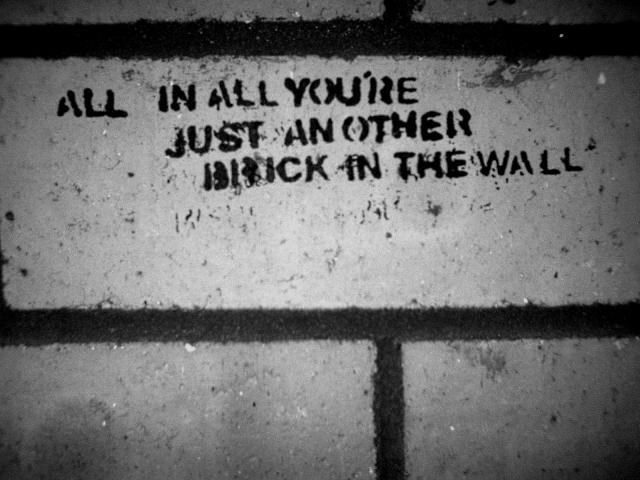Search
Democracy Links
Member's Off-site Blogs
beware the shadow of totalitarianism .....

Secret trial 'threatens to undermine the centuries-old British principle of open justice' …
For the first time in British history a trial is due to take place entirely in secret. Two unidentified men accused of a terror plot will stand trial at the Old Bailey in the next few weeks, but the public and media have been banned from attending. Here is why civil rights and media organisations are outraged by the decision:
What do we know about the trial?
Very little. Two men, known only as AB and CD, are accused of possessing terrorist documents, including a file named "bomb making" held on a memory card. AB is accused of "engaging in conduct in preparation for terrorist acts", while CD also faces a charge of improperly obtaining a British passport. Both men were arrested in "high-profile circumstances" last year, reports The Times.
Why is the trial being held in secret?
Prosecutors say it is for "reasons of national security" but have not disclosed any more details. Richard Whittam, who will prosecute the two men, said the Crown Prosecution Service supported open justice, but that "exceptional circumstances" had led to the request for secrecy. Senior prosecutors claim the trial may not go ahead if it has to be held in public. Initially the media was banned from even reporting that the trial was due to take place, meaning the very existence of the trial would have been secret if media groups had not fought to have the reporting restrictions lifted.
Why is it so controversial?
The secret trial threatens to undermine the centuries-old British principle of open justice, say critics. Criminal cases are heard in open courts, which the media and members of the public can attend. Keith Vaz, Labour MP and chairman of the Home Affairs Committee, says it sets a "very dangerous precedent" for a parliamentary democracy such as Britain's with a reputation for a fair legal system. "To hold trials entirely in secret is an outrageous assault on the fundamental principles of British justice," says Clare Algare of Reprieve, which works to protect the rights of prisoners. Shami Chakrabarti, director of civil rights group Liberty, says transparency is not "an optional luxury in the justice system". She adds: "This case is a worrying high water mark for secrecy in our courts. There must be clearer explanations before the door is shut on press and public."
Can it be prevented?
National media organisations have challenged three secrecy orders surrounding the trial in the Court of Appeal. Three judges, Lord Justice Gross, Mr Justice Simon and Mr Justice Burnett, are due to give a decision on the secrecy orders within days and a full judgment at a later date.
What else has been heard in secret?
Reporting restrictions can be placed on specific parts of a case, but there has yet to be a trial held entirely in secret, says the Daily Mail. The 2008 murder trial of Wang Yam, who battered a man to death, was heard partly in secret on grounds of national security, but the defendant was named and most of the case was heard in public.
Another trial in the 1960s, in which double agent George Blake was sentenced to 42 years for passing secrets to the Soviets, was held partly in secret. The Mail says there has been much controversy around closed family courts, super injunctions and civil cases involving national security. ·
Britain's first secret trial: what is the justice system hiding?
- By John Richardson at 10 Jun 2014 - 11:48pm
- John Richardson's blog
- Login or register to post comments
Recent comments
2 hours 32 min ago
2 hours 35 min ago
3 hours 23 min ago
3 hours 37 min ago
8 hours 52 min ago
9 hours 24 min ago
10 hours 22 min ago
10 hours 26 min ago
12 hours 9 min ago
12 hours 20 min ago